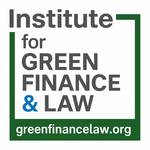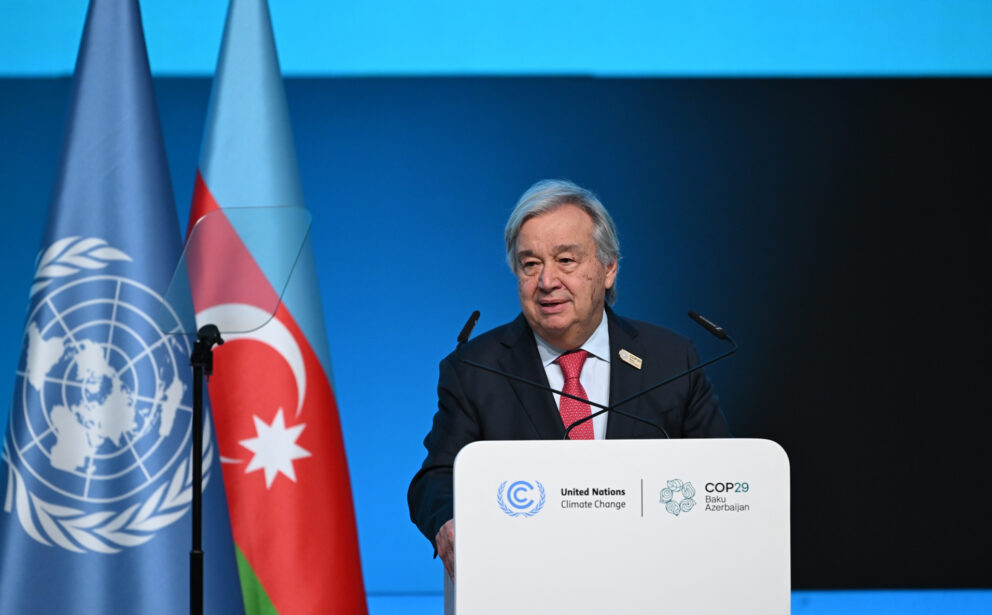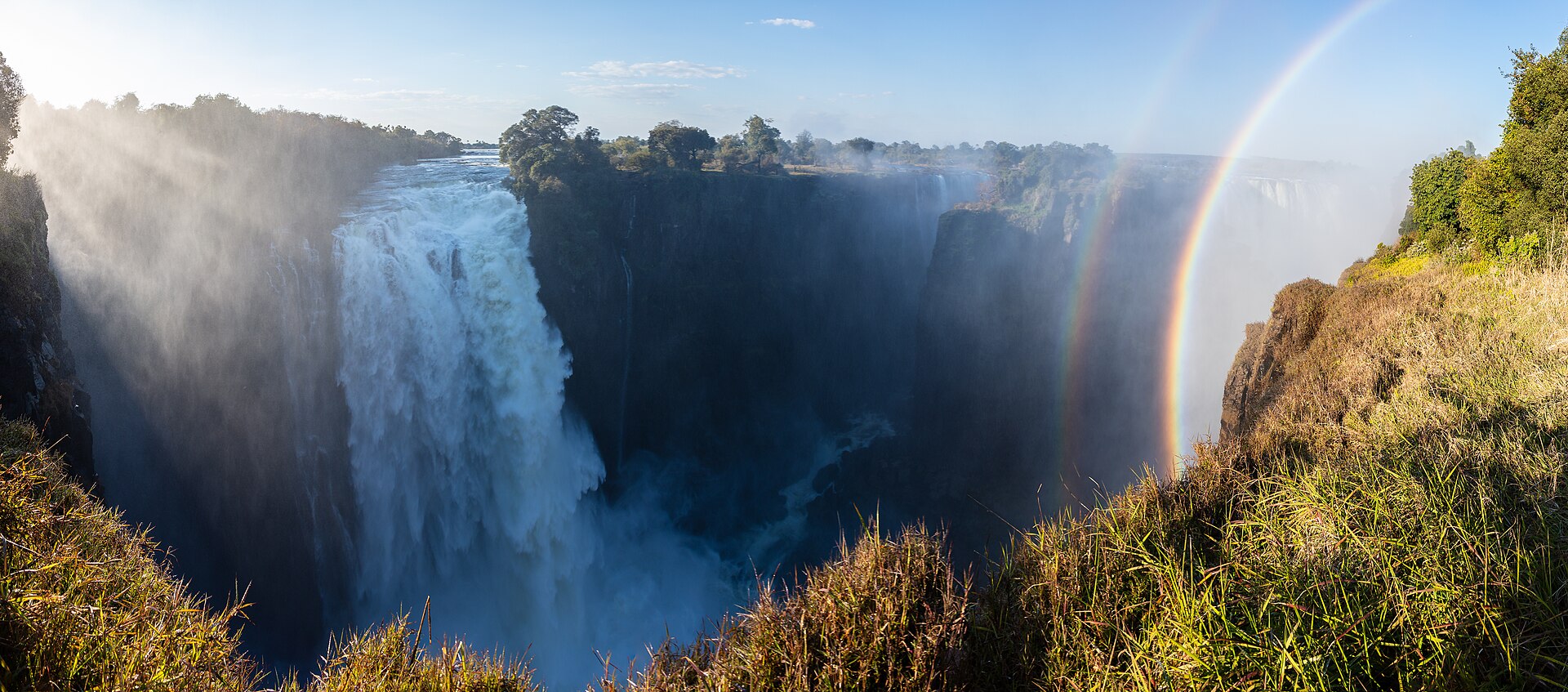As the dust settles after COP29, held in Baku, Azerbaijan, the Institute for Green Finance & Law (IGFL) is left with one word: disappointment.
Despite lofty speeches and renewed climate urgency, the finance outcomes once again underscore the growing disconnect between political rhetoric and financial reality, especially for the Global South.
The numbers tell a story we’ve heard too many times: big promises, small print, and legal loopholes that keep climate justice just out of reach.
Climate Finance by the Numbers at COP29
🔹 $98.3 billion was the total reported in climate finance flows for 2023—still short of the $100 billion target set in 2009 and promised to developing nations for 2020.
🔹 A new goal of $120 billion/year post-2025 was floated—but it’s far below what vulnerable countries hoped for, and nowhere near the trillions needed, according to UNEP and IPCC projections.
🔹 Only 24.6% of these funds were allocated for adaptation—despite the pressing need for climate resilience across Africa, Asia, and small island states.
🔹 Meanwhile, private finance mobilization remains woefully inadequate, hampered by lack of legal instruments, local banking infrastructure, and political risk mitigation.
Where’s the Law? Where’s the Accountability?
For IGFL, climate finance is not just about dollar amounts. It’s about legally enforceable, transparent, and just financial systems.
At COP29:
- No binding timelines were agreed upon to scale up Loss and Damage funding.
- Negotiators failed to adopt any universal climate finance tracking framework, leaving room for double-counting and inflated reporting.
- Discussions around legal access to finance for Indigenous Peoples and frontline communities were largely symbolic.
“Finance without law is a broken promise. We cannot keep building climate policy on political goodwill—it must be anchored in enforceable legal frameworks,” said a representative from IGFL.
What IGFL Expected – and Still Demands
✅ 1. Binding Legal Commitments
Pledges must come with legal obligations and be subject to international review, not voluntary accounting.
✅ 2. Equal Finance for Adaptation
The 50:50 balance between adaptation and mitigation is not a luxury—it’s a lifeline. This must be locked into national budgets and funding mandates.
✅ 3. Legal Infrastructure for Climate Investment
Blended finance and climate credit systems need national legislation, contract enforcement, and regulatory clarity—especially in vulnerable countries.
✅ 4. Accountability Mechanisms
Communities must have legal access to dispute misused or delayed funds. Justice in finance is part of climate justice.
A Missed Opportunity, But Not the End
The IGFL will continue to work with governments, legal institutions, and financial partners to build the climate finance architecture the world deserves—not based on voluntary charity, but grounded in law, rights, and enforceable commitments.
Until then, COP29 will be remembered not as the year we delivered justice through finance, but as another chapter in the Global South’s long wait for promises kept.
✊ Stay connected for our upcoming legal brief on the Loss and Damage Fund architecture and a country-by-country breakdown of post-COP29 finance laws.
📧 Subscribe to our newsletter
🌐 greenfinancelaw.org
📣 Follow us on Twitter/X |




